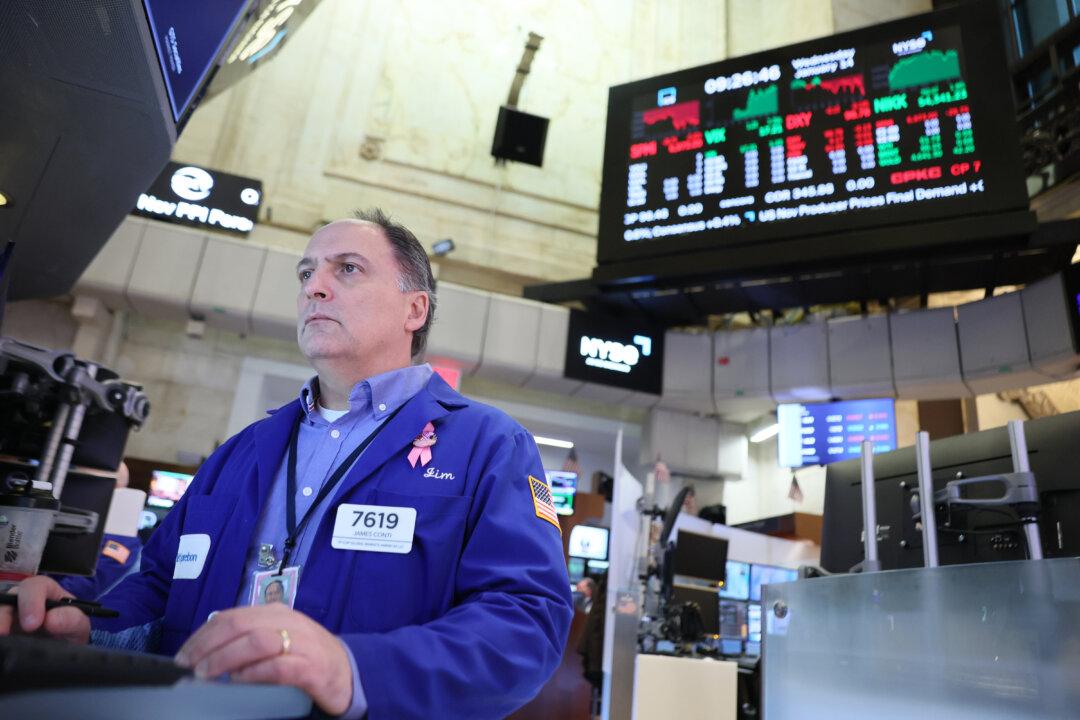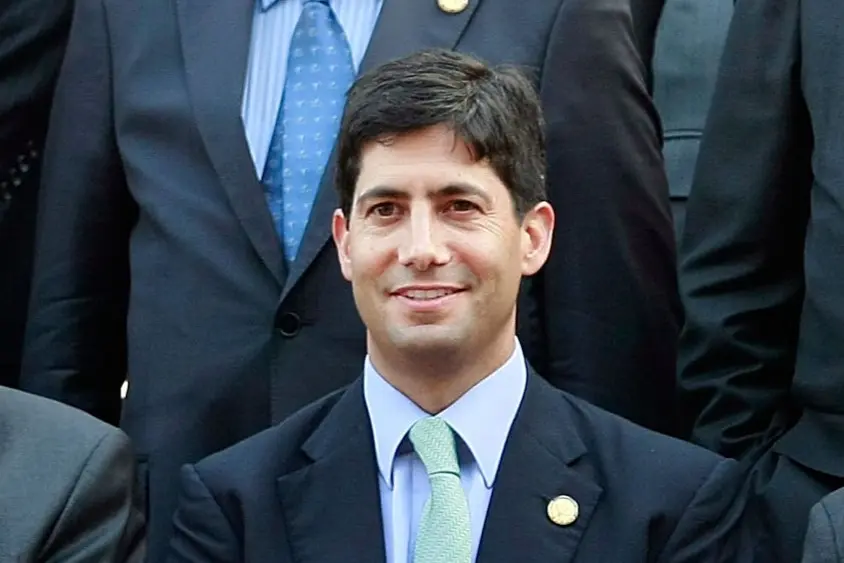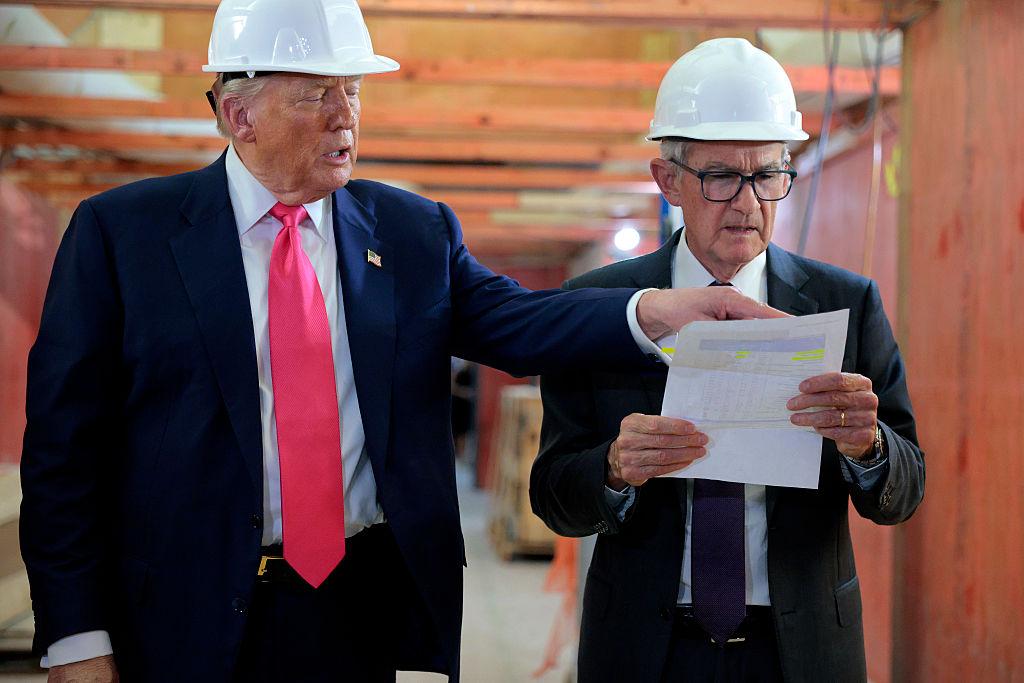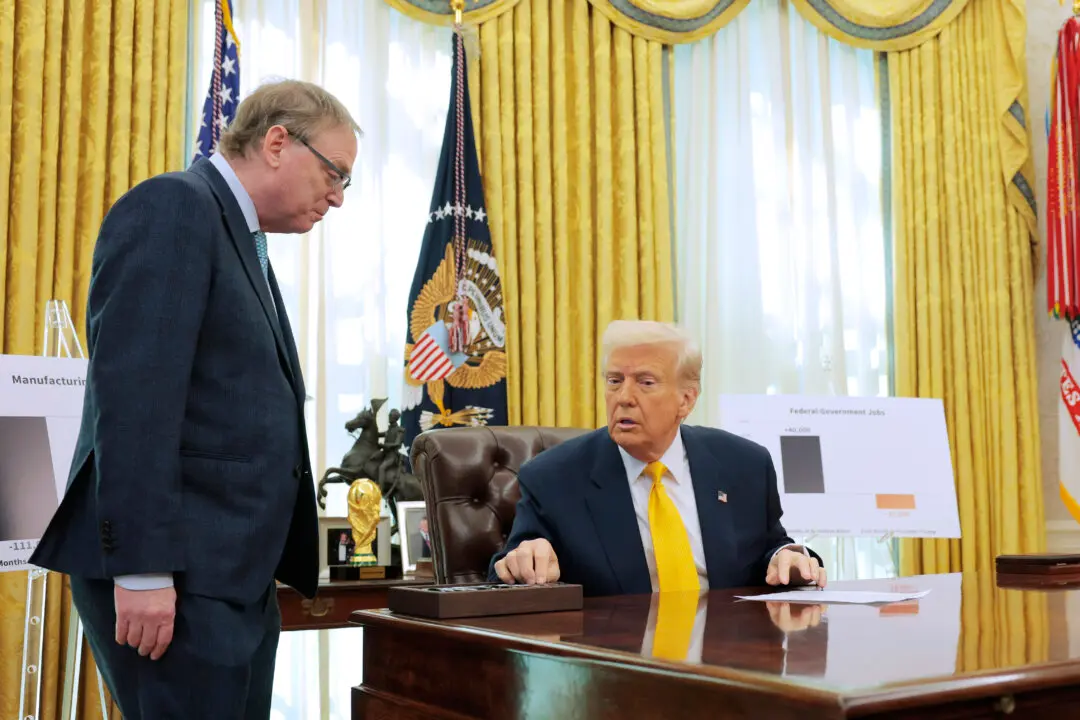Commentary
I continue to see Tariff Derangement Syndrome emanating from foreign media, which seem eager to blame the Trump Administration for all their problems, especially the media in Britain, Canada, France, Germany and Mexico, which are in the midst of recessions. Up to 130 countries are now negotiating new trade agreements that should remove most trade barriers, but the European press still see the “sky falling.”





